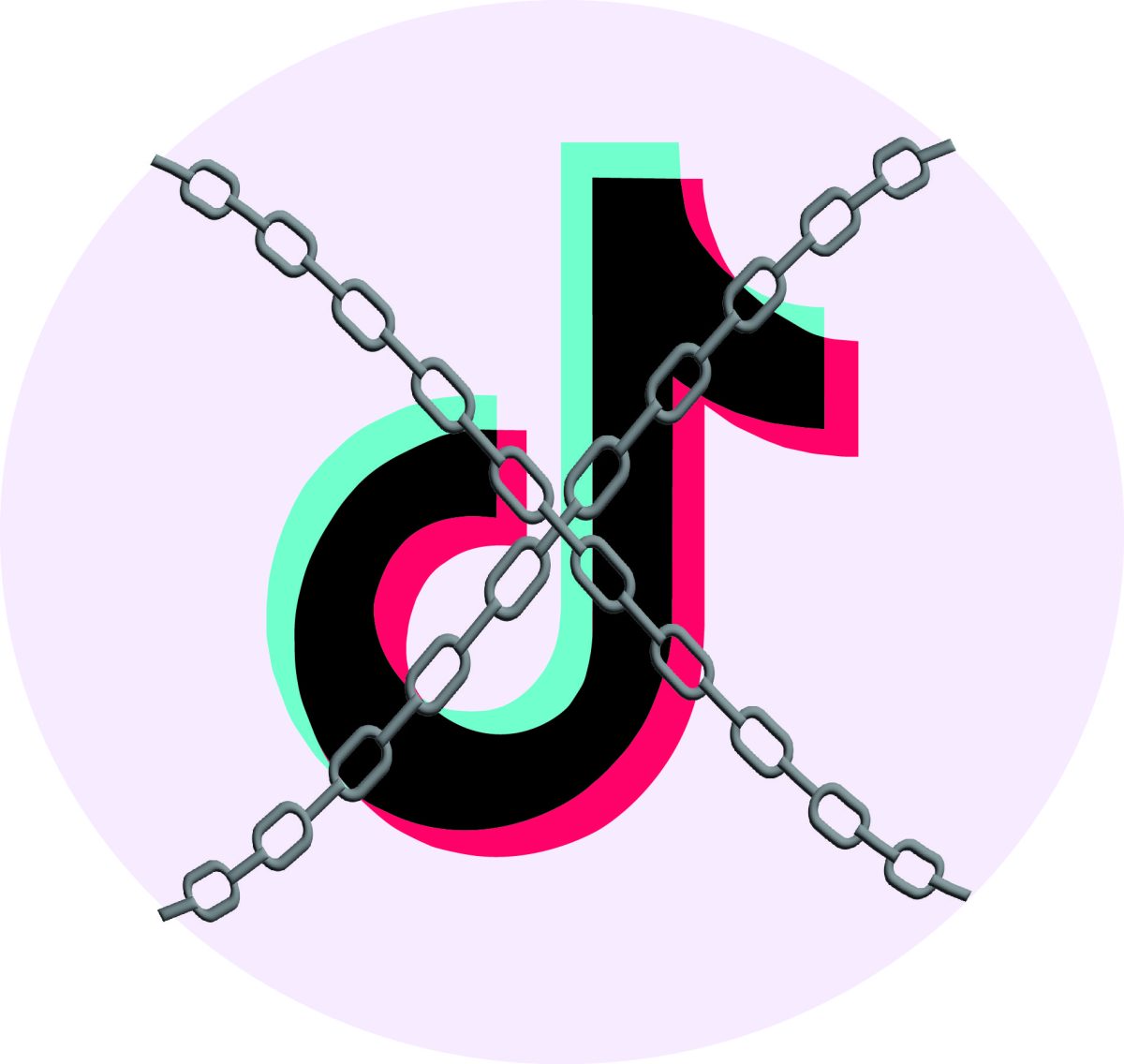Earlier this month, the House passed a bill that could potentially ban TikTok in the United States. In the bill, the alternative to being banned is for the app to be sold by its Chinese owner, Bytedance. The bill was passed even after TikTok told users to call on Congress not to ban the app. Last year, Governor Abbot even issued a directive banning TikTok on state-issued devices, prompting UTSA to implement a ban on using their internet network to access it.
TikTok itself is not what Congress wants to ban; it is specifically their algorithm that makes the app so addictive, which is what makes people believe that the app could be a threat to national security. In CEO Shou Zi Chew’s testimony before the House, he repeatedly mentioned that although Bytedance has Chinese founders, it does not mean that the Chinese Communist Party controls TikTok. However, because Bytedance is a Chinese company, they are legally pressured to create a committee of party members within the company, and the Chinese government owns 1% of Bytedance, so it is hard to know what to believe.
It could be considered a threat to national security because the users do not specifically choose the content on their “For You” page. The algorithm takes the data of what videos each user has interacted with to find their interests and chooses what videos to promote, which is most likely the government’s concern. The worry is that TikTok could be taking advantage of its large U.S. audience and spreading misinformation, especially knowing that many people get their news from the app. Because a U.S. company does not own it, the government cannot be sure that TikTok is not abusing its access to user data.
At this point, TikTok has become a large part of businesses’ marketing techniques, which includes small businesses and large corporations. One of the relatively newer features of the app is the “TikTok Shop,” which contains suspiciously low prices. However, third-party sellers are supposedly required to meet certain criteria to sell their products on the app. Creators are incentivized to create product advertisements by earning a commission, which, in turn, floods the app with videos promoting products. It is concerning to see how easily convinced so many users have been through the algorithm to use this feature without a lot of background information on the stores or products.
It is understandable why the government is worried about the app’s influence on the U.S. and how it could be misused. Considering that the bill has bipartisan support and part of the concern is the effect TikTok could have on the presidential election later this year, the issue will likely not resolve itself nor be forgotten. While the app is entertaining, the bill should be passed to protect and regulate users’ data in the U.S. and prevent outside influence on the election.












Joseph Perez • Mar 28, 2024 at 12:44 pm
I believe that the evidence that you provided is unreasonable and vague. How is the “For You” page the government’s concern to choose the videos that the users watch?